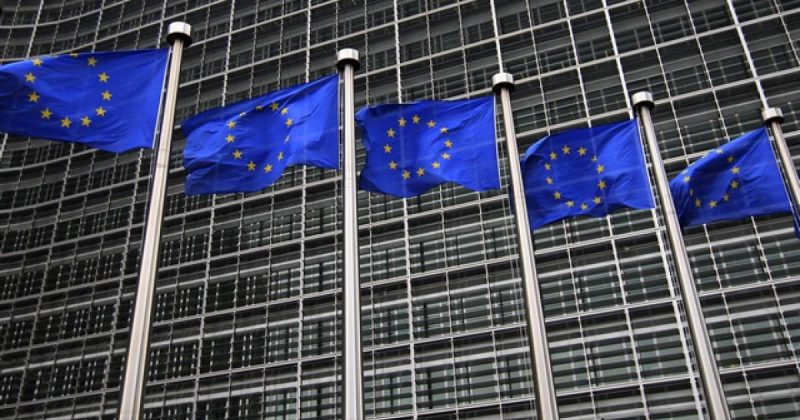The European Union is developing sweeping changes to how the digital asset sector of the country is regulated. Conversely, the United States cryptocurrency sector remains in a tug-of-war dispute over regulatory power. Thus, European cryptocurrency firms are preparing for the MiCA legislation, pushing things forward. US firms are still facing a problematic regulation process.
The MiCA legislation is prepared to make things a lot easier for cryptocurrency exchanges in Europe. The regulations are being executed with an ease of process in the future. Coincidingly, the Securities and Exchange Commission (SEC) has been publicly thrown by the FTX fraud — the process to go public has many firms backing away.
MiCA and the EU
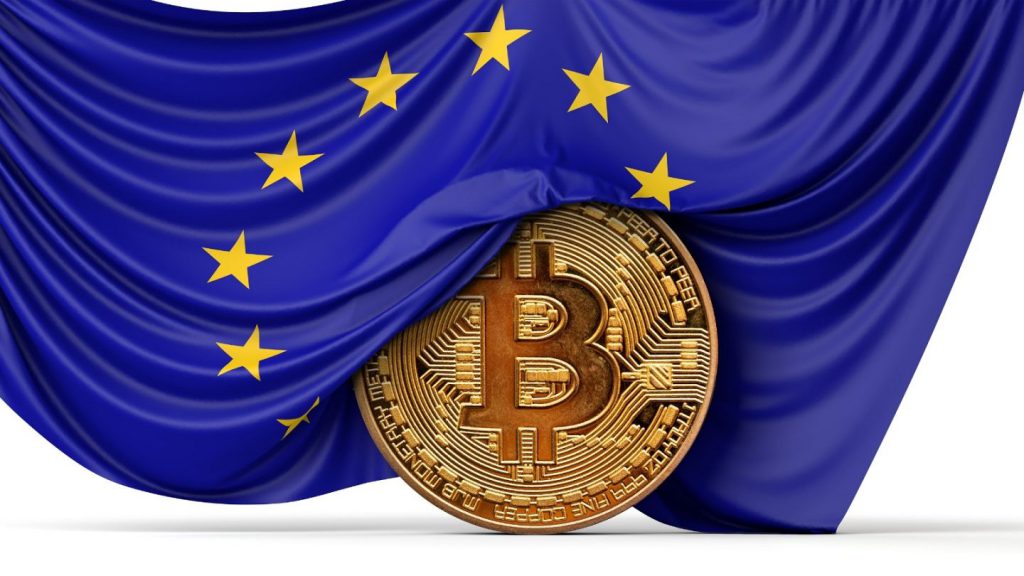

The European Union introduced the expansive MiCA legislation this year. Although the bill has yet to be voted on, it represents a commitment to change for the industry. It represents a drive to tighten regulatory facets and encourage healthy growth for European crypto firms.
Now, those firms in the EU’s 27 countries are preparing for what these changes will entail. However, they certainly will not be easy. Regulations are calling for detailed rules, limitations, and immense transparency. MiCA requires cryptocurrency companies to keep their process of pricing and trading volume public, all in real-time. Moreover, they must prove a separation of their funds between digital assets and their users.
Additionally, Coindesk notes that MiCA unveils a “Universal licensing approach for all EU member states, making it the most comprehensive legislation of its kind anywhere in the world.”


Notable Commentary
Coindesk also noted the response of Frederic Montagnon, the founder of Arianee, and a French blockchain developer. Montagnon stated the MiCA rules are, “more complex, more sophisticated,” adding that “they took a large part of what was done in France and made it deeper.”
Yet, Montagnon added that there is nothing in MiCA that is impossible to reach for a startup. Stating that Arianee has “already adapted their process to what the French regulator told them to do,” in his statements.
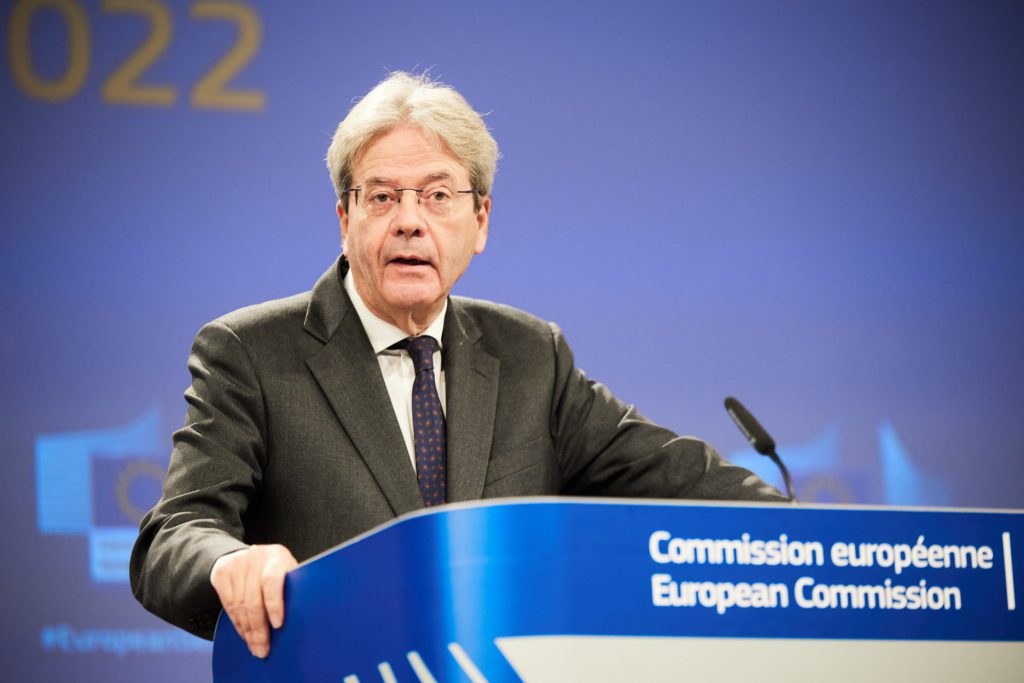

Moreover, the German Editor in Chief of the crypto news site BTC-ECHO, Sven Wagenknecht, noted that the legislation will aid in the connection between crypto and banks. Stating, “in Germany, most banks are against crypto,” adding that MiCA will make the application for a crypto custody license easier than current regulatory offers in Germany.
Conclusively, John Ehlers, CEO of Luxembeorug’s Bitstamp, believes that MiCA will provide comfort for crypto companies. Ehlers stated, “MiCA license is a real license, a prudential license. They look at how you run your business. It’s very in-depth,” in a statement to Coindsek. Adding, “You’re not on the same footing with the credit institutions, but you’re at the table with them.”
US and the SEC
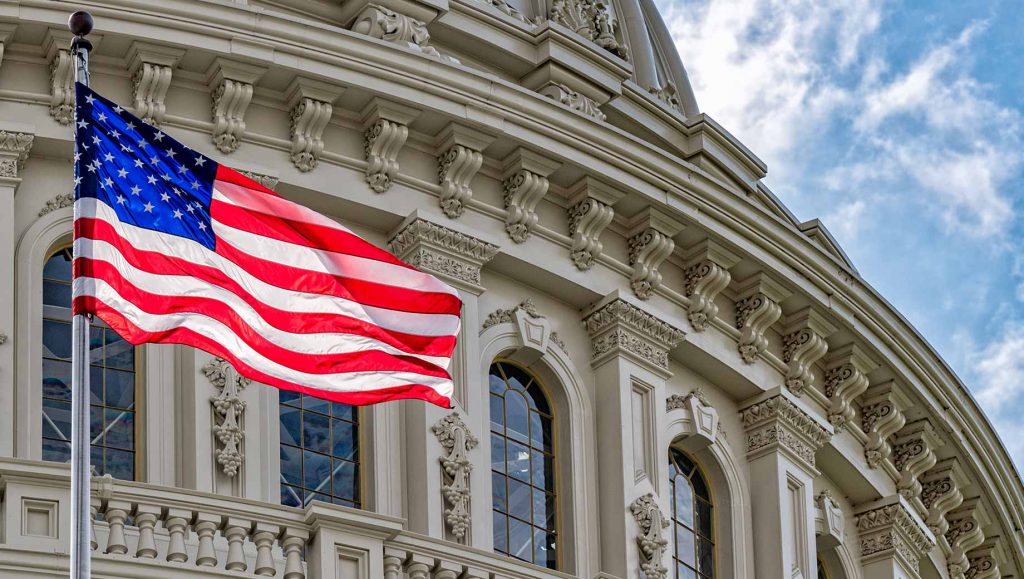

Alternatively, the American market for crypto companies has not been as extensive. Currently, regulatory practices within the United States have consisted of battles with the SEC. Moreover, it is their inconsistent process that has driven many companies to halt their plans to go public.
The Wall Street Journal reported that crypto companies Circle, Bullish, and eToro have all been unable to gain SEC approval to go public. They were seeking public status through Special Purpose Acquisition Companies (SPACs). This format gained a lot of popularity within the last two years, with 613 recorded in 2121, versus just 59 in 2019.
Yet, the SPAC route has seen a plethora of companies being blocked by the SEC. A reality that Blockworks notes is due to “the number of questions posed to crypto companies by SEC regulators,” in their report.
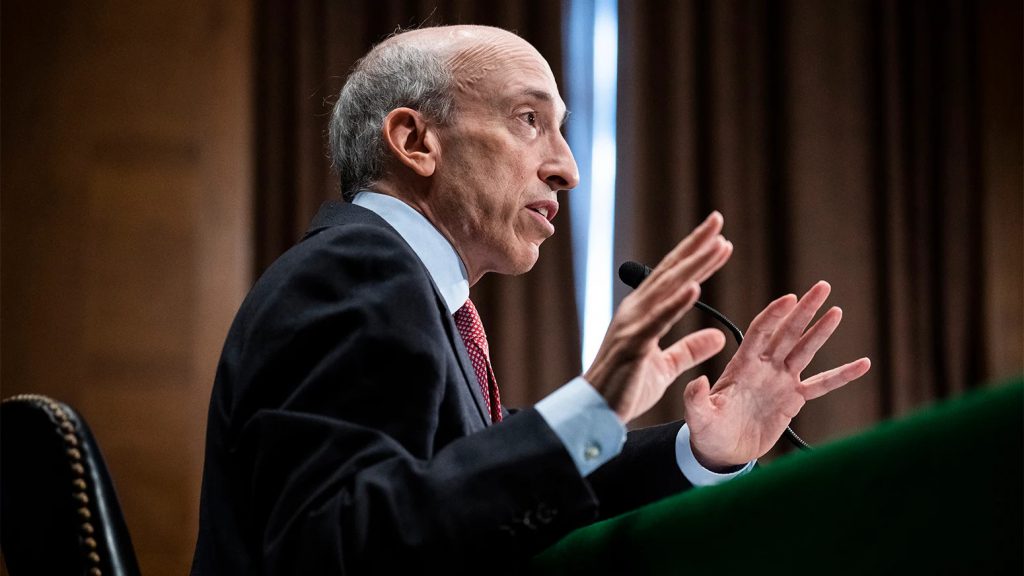

Coinbase, the only crypto firm to go public in the country, noted they were sent three letters containing questions prior to its April 2021 listing. Bullist was reportedly sent 10 letters, with some reportedly posing over 100 questions.
The process hasn’t been the only issue, as it has coincided with countless uncovered fraud cases that weren’t caught but the regulatory agency. FTX is the prime example, as they executed an unheralded theft of customer assets and have only made the process for regulation worse for existing companies.
As the EU and MiCA begin to chart a more comprehensive path forward, the United States market must adjust the role of the SEC. Until that gets properly identified, the regulations in the US will continue to equate to dysfunction and volatility.





